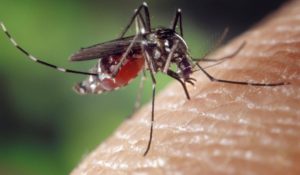
DNA tracking of fake medicine
Criminals selling falsified medicines to profit from deceiving vulnerable malaria sufferers, especially in Asia, Africa and Latin America, could more easily be brought to justice as […]

Criminals selling falsified medicines to profit from deceiving vulnerable malaria sufferers, especially in Asia, Africa and Latin America, could more easily be brought to justice as […]
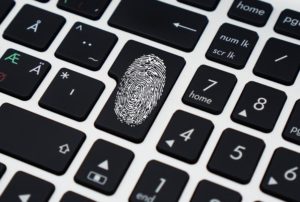
Skin cells and their DNA varies between individuals, but new data from Flinders University shows that some groups of people have higher variability in their cell […]
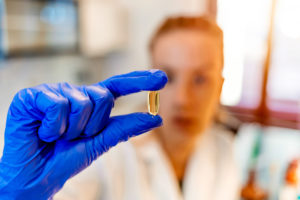
Forensic scientists have for the first time shown that DNA can be recovered from the surface of capsules after just 15 seconds of contact by drug […]
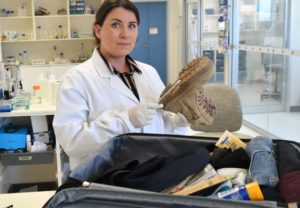
Forensic science experts at Flinders University are refining an innovative counter-terrorism technique that checks for environmental DNA in the dust on clothing, baggage, shoes or even […]
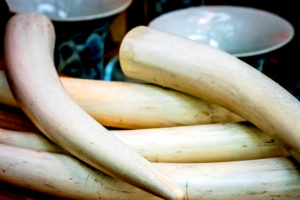
The tiniest amount of DNA is being accurately analysed to identify the origins of old ivory. This clever new technique has the potential to thwart international […]

Modern DNA forensic science is capable of analysing microscopic genetic traces inadvertently left at crime scenes. In fact, a single tap of a finger on items […]

Flinders University researchers will help ‘nail’ new methods of catching criminals – and to capture the untold benefits of the arts and culture – after securing […]
Professor Adrian Linacre, chair in Forensic DNA Technology at Flinders, has become national president of the Australian New Zealand Forensic Science Society.
Marking a major milestone, Flinders University has officially cracked one million readers on The Conversation.